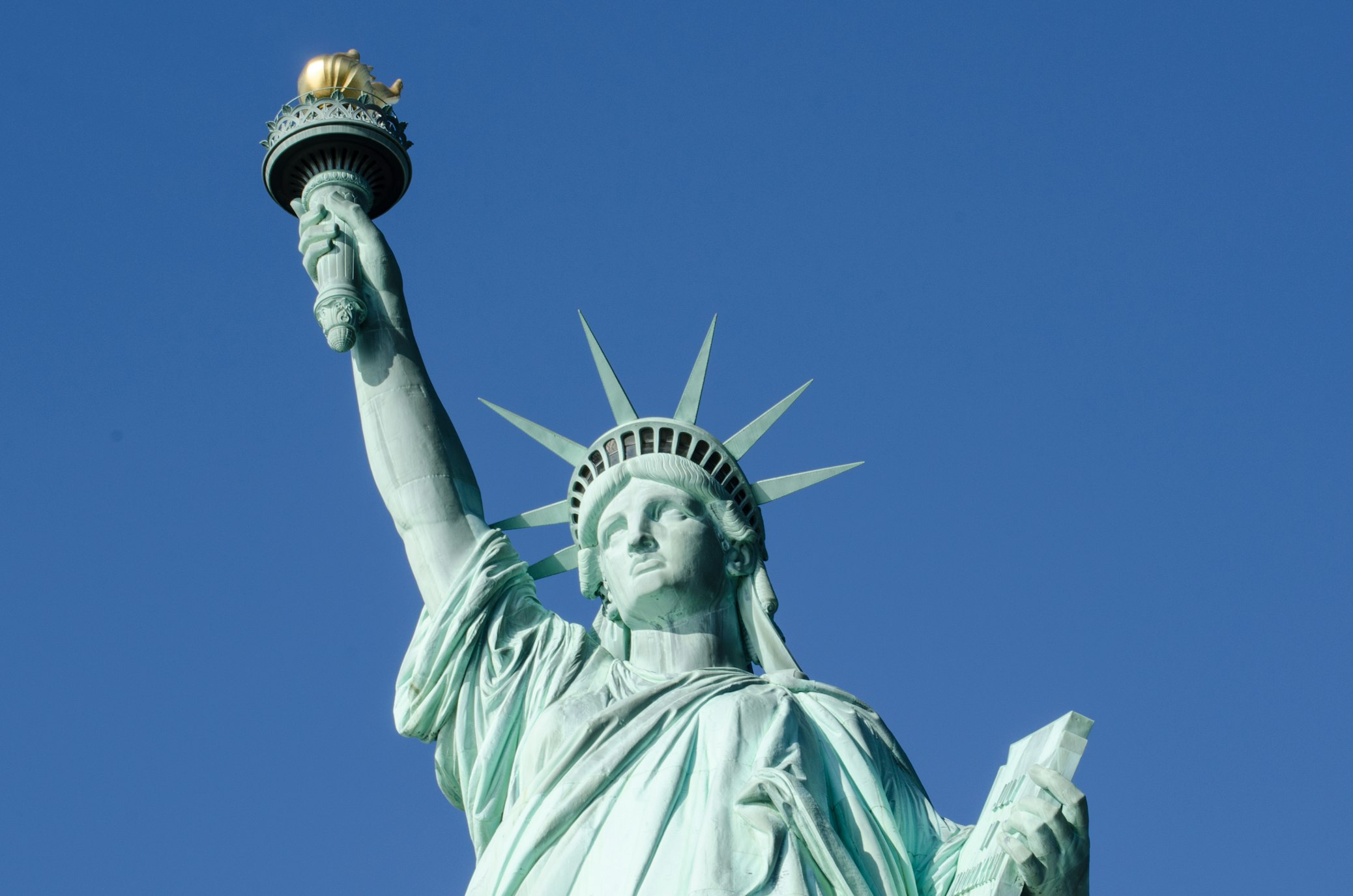US sanctions hit 50+ Chinese tech firms over AI and quantum links

The US Department of Commerce has hit 80 foreign entities, including over 50 based in China, with export control restrictions. The move curbs the flow of advanced American technologies, specifically targeting firms involved in artificial intelligence, exascale computing, and quantum technologies—all critical areas for military advancements.
This first action under Trump’s national security policy targets over 50 Chinese firms, reflecting ongoing tensions between the US and China over tech dominance. The banned companies, now requiring government-issued licenses for US businesses to supply them, span various tech sectors crucial for military uses. They can no longer receive supplies from US firms without these licenses.
Among the 80 newly listed entities, the Bureau of Industry and Security (BIS) identified 27 Chinese organizations for allegedly obtaining US-origin items that bolster China’s military modernisation efforts. Another seven face restrictions for aiding China’s advancements in quantum technology, a field with significant dual-civilian and military applications.
Two other categories explain this imposition: enhancing China’s quantum technology capabilities and blacklisting firms with links to already-sanctioned Chinese giants like Huawei and HiSilicon. SHen specificity, six subsidiaries of Inspur Group find themselves back on the list, having faced prior sanctions under the Biden administration in 2023. They show that concerns about Inspur’s role remain high among Washington officials.
Washington broadened these controls to entities in third countries viewed as “transit points” or intermediaries, identifying emerging tactics used by Chinese firms to sidestep export restrictions.
After S&P 500’s 1.8% rally futures slip on Trump tariff watch
China’s fast-growing AI sector has intensified these measures. DeepSeek, an AI startup, has surged recently via open-source, low-cost AI models—challenging US tech dominance and fueling concerns over technology adoption globally. These actions come amid heightened US-China tensions, with a U.S. “small yard, high fence” policy designed to isolate sensitive tech while keeping general trade open. The policy targets semiconductor, supercomputer, and AI chip development.
The Commerce Department maintains vigilance in tracking and tracing unauthorised exports, particularly exports involving advanced semiconductors from leading manufacturers like Nvidia and AMD. Investigations into associated smuggling activities and circumvention are ongoing.
The focused targeting of Chinese firms and subsidiaries shows the U.S. is really forcing the issue when it comes to Beijing’s capacity to modernize its military with technology from American companies. This precise, surgical nature of certain bans suggests Washington is up to speed on the co-optation maneuvers of Chinese tech companies.
While curbing advanced technologies from lesser firms may barely register, Inspur’s second listing underlines the U.S. resolve to tangle up Beijing’s supply chain, irrespective of who holds the reins in the Oval Office.
The inclusion of overseas intermediaries powerfully underscores these new restrictions do not just affect American firms. The is not merely deepening tensions but forcing Washington’s battles in trade and military expansion to expand way beyond its own borders and into those of important allies.
